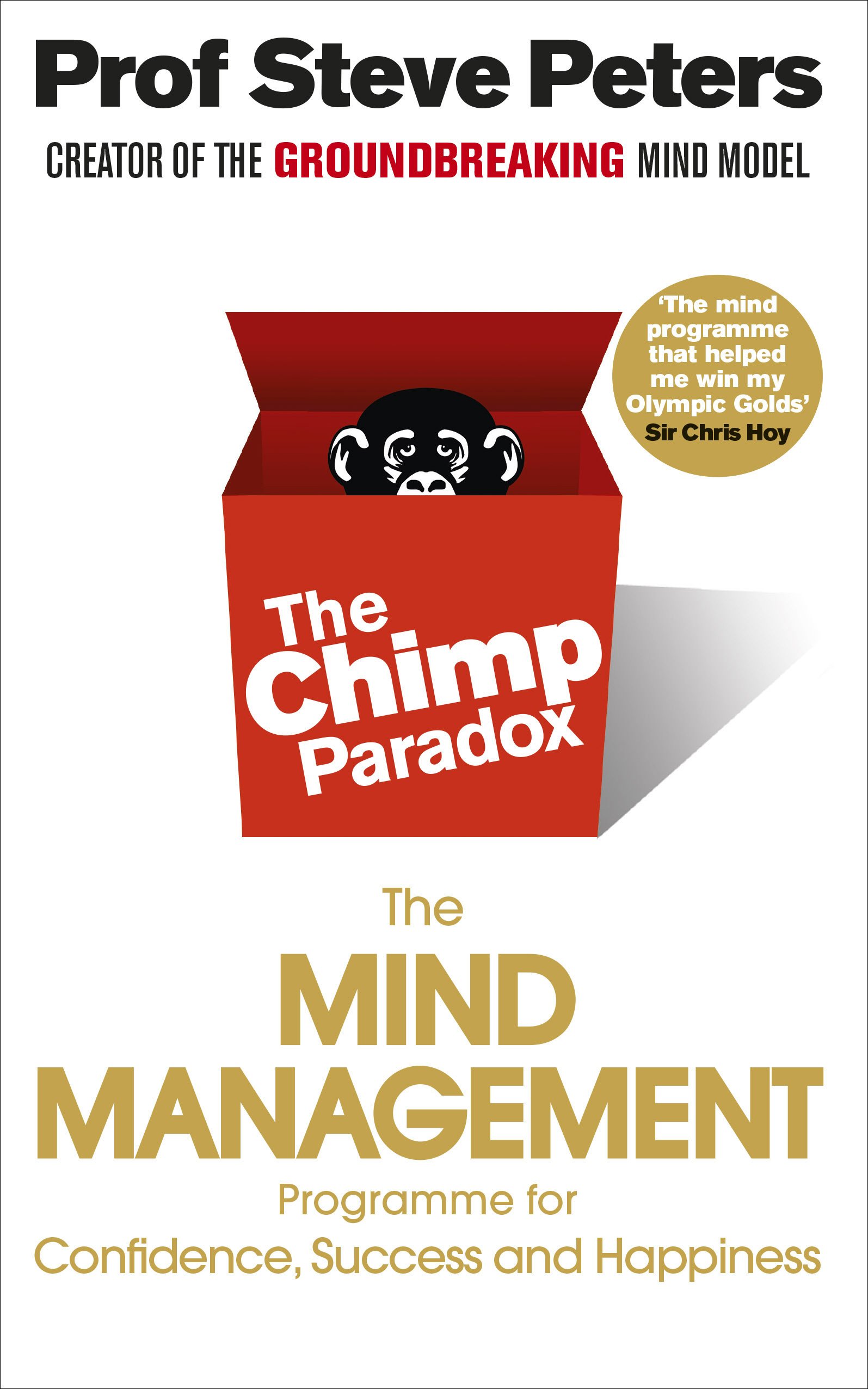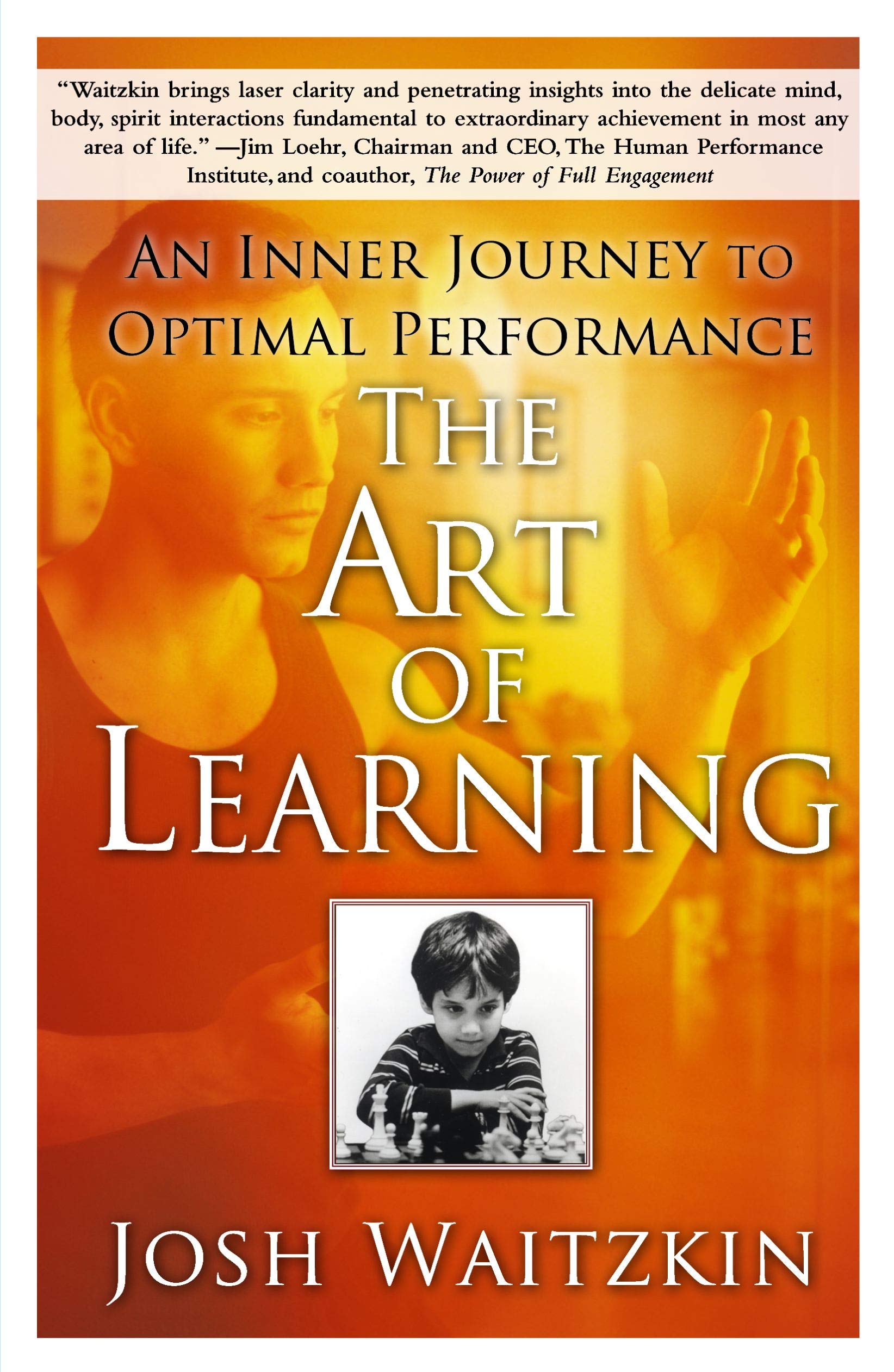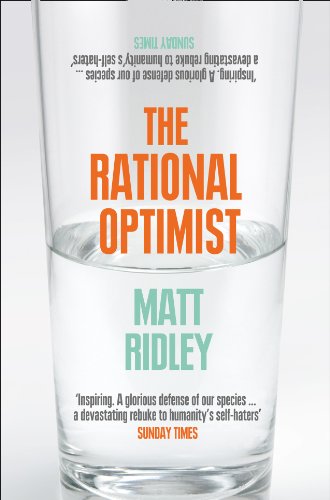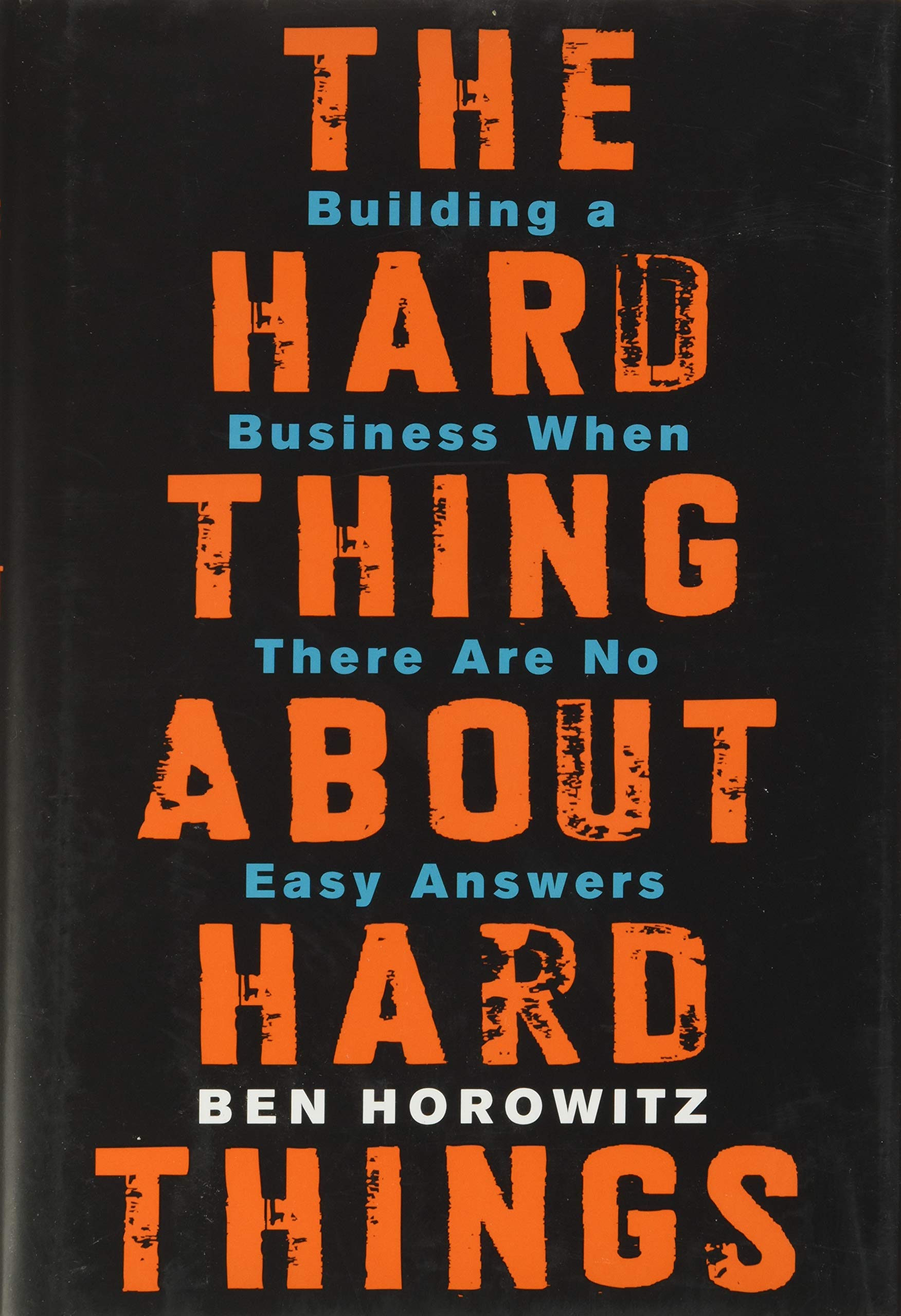Your chimp is emotional and irrational; you are not your chimp.

The Chimp Paradox by Steve Peters is probably my favourite book of 2022. It provides a model for how our mind works and interacts with the world. This is then developed to look at the key challenges we face in life and how these are influenced by the mental model.
Key message is that we have an emotional, irrational ‘chimp’ in our brain, but ‘you’ are not the chimp. ‘You’ are the human, who is logical, patient, and disciplined. The chimp evolved in the jungle and is driven to fulfil basic desires, which leads to conflicts between the human and the chimp. Therefore, sometimes the chimp tells you to do/say things that, down the line, you didn’t really want to do/say. The chimp is always stronger than the human so it cannot be fought but we can learn to manage the chimp. Just understanding the importance of the chimp in our mind is comforting. It is useful for dealing with difficult situations.
One further key message, which is not directly related to the title of the book but is repeated often: life is not fair. This rings true with many other books that describe how life is full of problems and accepting this is necessary.
Other points:
- The psychological mind is made up of the chimp (emotional automatic functions), the human (who ‘you’ are), and the computer (for storage and automatic functioning)
- The chimp is the limbic system
- It has its own personality (but is not ‘us’) and whilst we did not choose it, we are responsible for it (e.g. like a dog)
- It’s purpose is to ensure survival of next generation
- Whereas the agenda of the human is (self-/societal-) fulfilment
- The chimp is the limbic system
- The chimp compels us to act via drives (eg eating) or reflexes (eg fight, flight, or freeze) which have evolved for the jungle but are now inappropriate
- Chimps responds emotionally and gives suggestions but it is the human who does the action
- If you do not feel happy you did something, then the chimp was in control
- This requires a moment to pause and evaluate how ‘you’ (the human) feel about the thoughts/feelings/actions you are doing at the time
- It can be after the event we realise the chimp was driving
- Use reflection/journaling to consider how in control you/the chimp was over the last week and then ‘edit’ memory storage in light of this (i.e. describe what you liked or didn’t like)
- You cannot fight the chimp because it is too strong, but it can be managed if you have a strategy
- Need to first nurture the chimp by finding it socially acceptable ways to fulfil its drives and impulses
- The manage chimp by:
- Exercise – let out your emotions, don’t interrupt it (or someone else if you’re letting them vent); this must be done before it will listen to you/the human
- Box – reason with it, including acknowledging difficult truths
- Give a banana – offer distraction (process that doesn’t allow time to think) or reward (eg engineer praise from others – “thanks for the exercise class, looking forward to seeing you next week”)
- The computer is all automatic processes and is faster than human and chimp.
- Includes unhelpful behaviour patterns, those learnt before 8yrs will be hard to shift.
- Chimp generally (but not always) makes unhelpful ‘gremlins’ whilst the human makes helpful automatic responses
- Also truths/values about how the world works eg life’s not fair, which helps deal with difficult situations
- [Peters repeats many times through the book about life not always being fair – he clearly feels that this is a helpful mental model]
- Includes unhelpful behaviour patterns, those learnt before 8yrs will be hard to shift.
- Think about what you at 99 on death bed would say to your great grandchild about how to live your life – this is your guiding principle
- Be clear about it and keep it prominent
- If you’re not living in accordance with it then you will feel out of balance
- Replace unhelpful ‘should’ with ‘could’ and ‘must’ with ‘might’
- This generally leads to a happier, lighter mental load
- The best universal truths/values to hold are generally about increasing flexibility and accepting that difficult/unfair things happen
- You are the person you want to be – when you’re not, it’s the chimp hijacking you
- The chimp makes (emotional, dichotomous) decisions then looks for evidence to support it, the human the other way round
- To be assertive: remove emotion from what you’re saying, ask them not to interrupt, say what you don’t want using “I”, say how it makes you feel then say what you do want using I.
- To make decisions, accept that all decisions have (negative) consequences and you can’t always have all the information
- If it’s hard to make a decision then both are probably similar
- One of the most common mistakes in communication is not speaking to the correct person about it
- The chimp encourages you to mentally start from where you want to be and with what you want to have, which is unrealistic and leads to negative feelings (often of failure), whereas the humans is better at acknowledging where you currently are
- Remember to get perspective on stressful things by zooming out. Ask yourself: “will it be important in 10 years?”
- Human and chimp have different definitions of success
- Commitment is human and logical; motivation is from the chimp and fickle
- Goals are completely within your control, dreams are not
- Consider how both human and chimp will think about each goal
- Write a list of things that make you happy which (a) you can do immediately, and (b) need forward planning; you need both
- Feel 100% confident by basing it on your ability to do your best, not to achieve a certain outcome
- The chimp struggles with consequences of not reaching outcomes. This way you can be satisfied with having done your best.
As with many of the books that I think are most impactful, I don’t think this summary does it justice. I highly recommend reading this book, particularly the first half.
More books like this:
- The subtle art of not giving a f*ck by Mark Mason
- The things you can see only when you slow down by Haemin Sunim
- The road less travelled by M. Scott Peck





One thought on “The Chimp Paradox by Steve Peters”
Comments are closed.